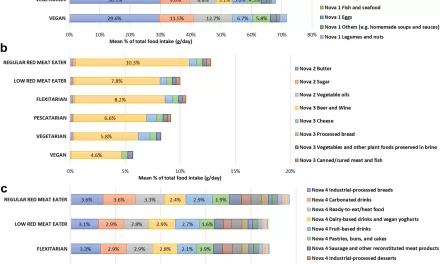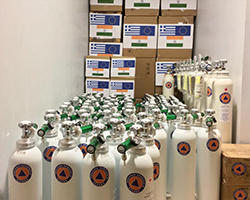A groundbreaking study conducted by a Canadian research team has revealed promising results for seniors’ emotional health through a six-week stress management program, O’stress. Published in Frontiers in Psychology on January 5, 2025, the study involved 170 seniors, with an average age of 76. The research highlights significant benefits for participants, showing lower anxiety levels, improved problem-solving strategies, and reduced diurnal cortisol levels—an indicator of chronic stress—three weeks after completing the program.
The O’stress program, modeled after the DeStress for Success initiative developed by the Centre for Studies on Human Stress, offers a tailored approach to managing stress in seniors. DeStress for Success was initially designed to help teens cope with the pressures of transitioning to high school, and it has since been adapted for various groups, including high-risk teens and young people with autism spectrum disorder. O’stress, however, was customized to meet the needs of older adults, who are particularly vulnerable to the effects of chronic stress.
Marie-Josée Richer, the lead researcher in this study, modified the program to incorporate key aspects of aging, social relationships, and emotional contagion—the tendency for people to absorb the emotions of others. Richer’s doctoral research, supervised by Université de Montréal professors Pierrich Plusquellec and Sébastien Grenier, found that emotional contagion is a significant factor contributing to psychological distress in seniors. As a result, the O’stress program includes an educational component focused on emotional contagion to help participants identify and manage this dynamic in their everyday lives.
O’stress employs a variety of approaches, including small-group workshops, to help seniors recognize symptoms of stress and learn techniques for coping. Activities like dancing to The Beatles’ “Twist and Shout” allow participants to release stress energy, while group discussions help them analyze their social networks to identify sources of emotional strain and support.
“The success of the O’stress program underscores the potential of accessible, short interventions to mitigate the harmful effects of chronic stress in older adults,” says Richer. “By demystifying stress and providing practical coping strategies, we empower participants to strengthen their resilience and improve their overall well-being.”
The research team now hopes to expand the program, testing its effectiveness in other populations and settings. Their findings may inspire similar mental health interventions to improve aging populations’ resilience against stress.
For more information, the study titled Increasing stress resilience in older adults through a 6-week prevention program: effects on coping strategies, anxiety symptoms, and cortisol levels is published in Frontiers in Psychology (DOI: 10.3389/fpsyg.2024.1499609).
Disclaimer: This study does not claim to provide a one-size-fits-all solution to stress management in seniors, and further research is required to validate its long-term effectiveness across different populations. Individuals seeking professional mental health support should consult with healthcare providers.












